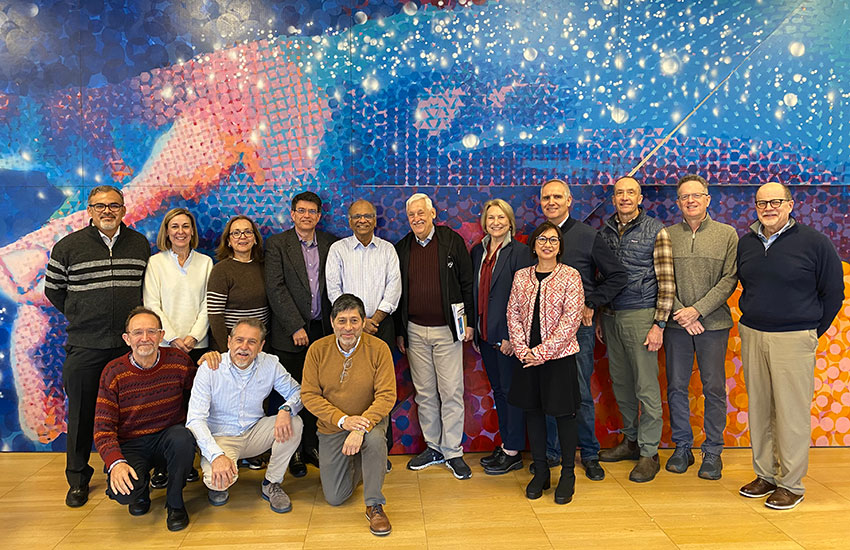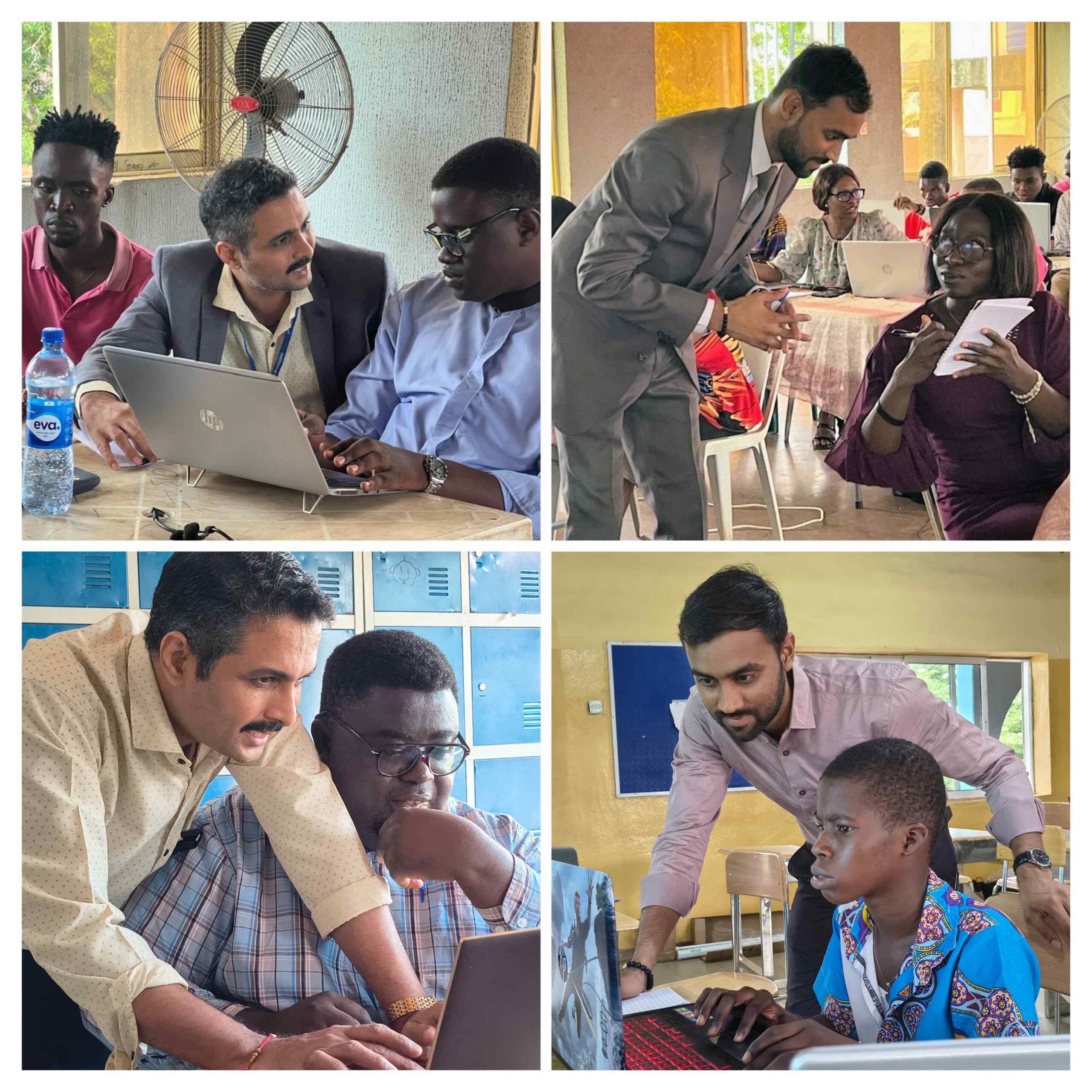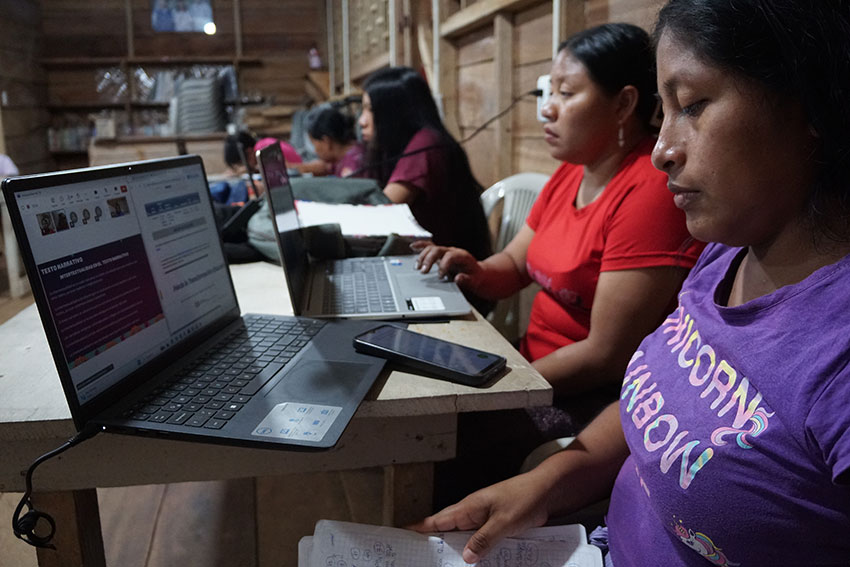International Symposium in Kimwenza from 25-27, November 2024
Author: Scientific Commission of the ULC 2024 Jubilee
In our globalized and digitalized world, Pope Francis, in Veritatis Gaudium, specifies the mission of universities in the following words: “In all countries, Universities constitute the main place of scientific research for the progress of knowledge and society, fulfilling a determining role for economic, social and cultural development, especially in an era like ours marked by rapid, constant and considerable changes in the field of science and technology…” (Pope Francis, Apostolic ConstitutionVeritatis Gaudium, April 15, 2018 , n. 5).
The commitment of the Society of Jesus in the field of the intellectual apostolate is part of the vision of Pope Francis and a long centuries-old tradition which is rooted in the deep inspiration of Saint Ignatius of Loyola and his first companions of the University of Paris. They were driven by the desire to help souls, through integral training, by way of communication of a Spiritu, corde and practice (spirit, heart and practice according to the expression of Jérôme Nadal), capable of transforming the world which has increasingly become the place of extreme struggles, the crossroads of political ideologies and social tensions which obscure the vision and search for common good, truth, justice, depth and beauty.
In the context of Africa and DRC, this mission of the university is more than urgent. We only have to consider major challenges such as multifaceted social crises, a non-diversified economic system, an ever-increasing political violence, a certain loss of deep sense of ethics, a culture and spirituality following the escalation of globalization and digitalization, with its corollaries such as, for example, the increasing degradation of the environment, the rapid progress of technoscience without a corresponding deep ethos, a crisis of the sense of dialogue, a lack of aspiration to peace between nations because of financial capitalism and the hegemonic imperium of liberal and dominant ideologies. All this refers to the major challenges of any Jesuit university and even more so in Africa, according to the orientations of the 35th General Congregation, and this of course, with the aim of proposing “new relevant answers to the burning problems which humanity is confronted with” (Peter-Hans Kolvenbach, SJ).
Perhaps we can already conceive of the demand for the Jesuit university to seek to make our world and the African-Congolese society a better milieu, thus giving an apostolic orientation toourintellectual commitment, in the service of humanity (humanitas), considering the human (humanus) as the center, helping human beings to seek and develop excellence (magis) to serve the world with “compassion, competence, awarenessand commitment” (Fr. Arturo Sosa, SJ).
Loyola University in DRC (Université Loyola du Congo), ULC in acronym, is obviously part of this greatcenturies-old tradition of the Society of Jesus in its quest to trainthehuman being for themagis, the excellence, by helping him (her) to develop within him (her)self all his (her) capacities for knowledge, know-how and interpersonal skills. It is at this precise point that, through its alma mater faculty, the Faculty of Philosophy Saint-Peter Canisius, which has 70 years of existence, the faculty of agricultural and veterinary sciences, with its 30 years of existence, the Faculty or Engineering with its 10 years,ULC has an ambitious project to launch next year 2 other faculties, namely the Business School and the Faculty of Social Sciences.
Therefore, during this International Symposium, it will first be a question of revisiting the great higher education tradition of the Society of Jesus in the world; then, to make a critical review of Jesuit higher education in Africa, particularly in DR Congo and finally, to consider the perspectives for making Jesuit university education in the world, in Africa and DRC more relevant, more contextualized and more effective. During the research papers presentation and discussions on higher education, we want the participants toidentify, criticize and confront the challenges of their time through the creativity and depth of thought for the “promotion of every human being and of all human beings” (Pope Paul VI), Ad majorem Dei Gloriam.






